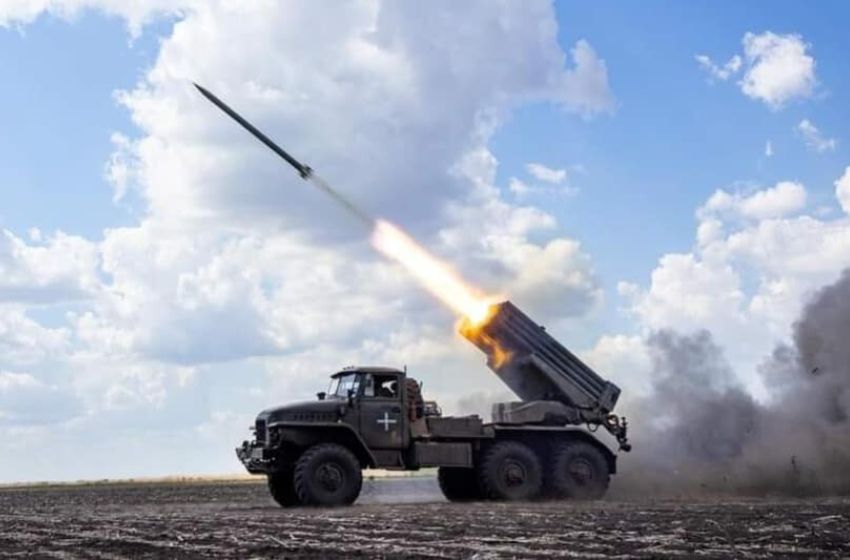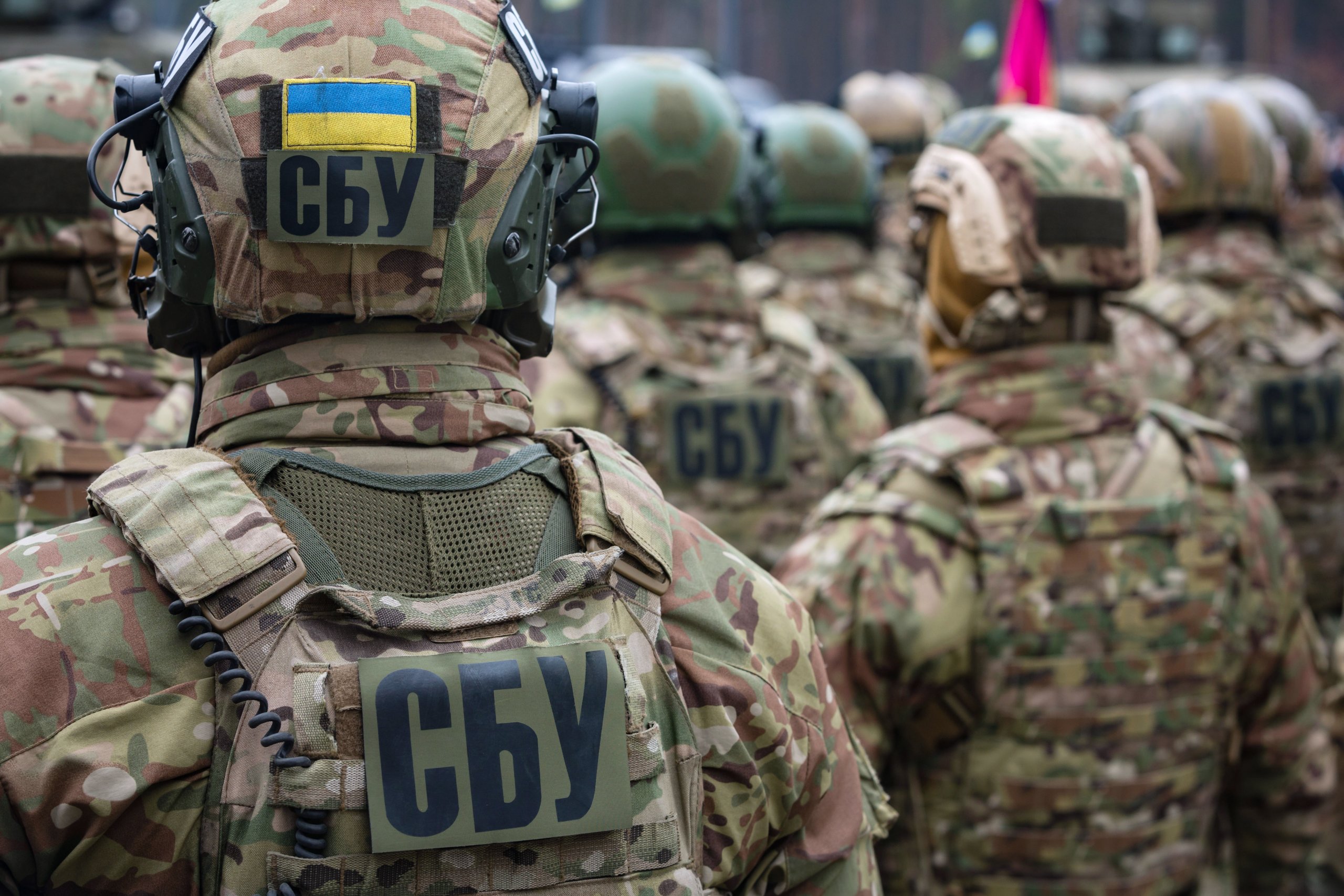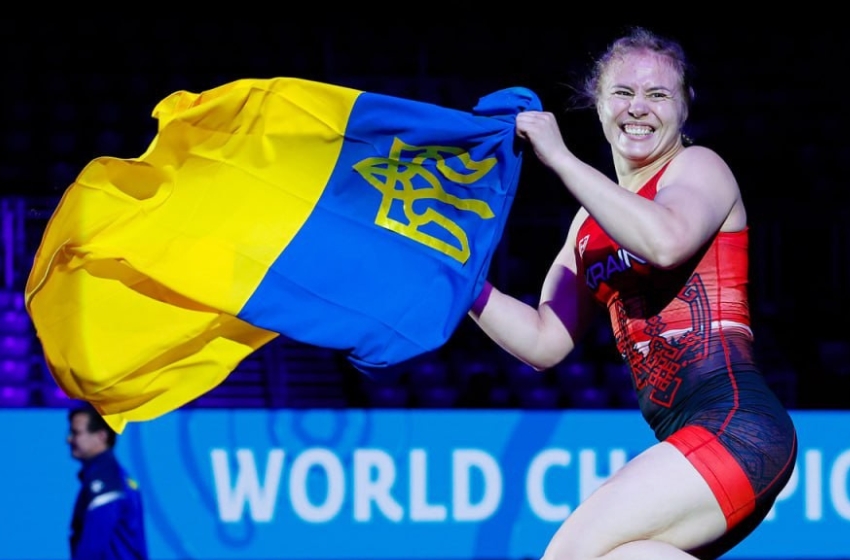The Ministry of Foreign Affairs has asked Turkey to explain the circumstances of the visit of a delegation from the city of Yalta, which is in the Russian-occupied Crimea, and their participation in a meeting of the International Organization of United Cities and Local Governments.
This was stated in a comment by the spokesperson of the Ministry of Foreign Affairs, Oleg Nikolenko, on Facebook.
The Russian occupiers from Yalta reported on Wednesday about their participation in the meeting of the International Organization of United Cities and Local Governments and claimed to have signed an agreement on establishing sister city relations with the municipal district of Beylikdüzü in the Turkish city of Istanbul.
"We perceive this situation with the utmost seriousness. The Ministry of Foreign Affairs of Ukraine has already requested official explanations from the Turkish side regarding the status of the visit of representatives of the Russian occupation administration," Nikolenko said.
A representative of the Ministry of Foreign Affairs reminded that, according to international law, Crimea is part of Ukraine's territory temporarily occupied by Russia, and UN General Assembly resolutions require all parties to refrain from actions that could call into question the status of Crimea, "including through contacts with the occupation administrations."
"We expect the Turkish authorities, who support the territorial integrity of Ukraine, to respond appropriately to the Russian provocation and prevent its recurrence in the future," Nikolenko concluded.
The Turkish government has repeatedly emphasized that it does not recognize Russia's illegal occupation of Crimea and everything the Russian authorities are doing there in violation of international law.





















